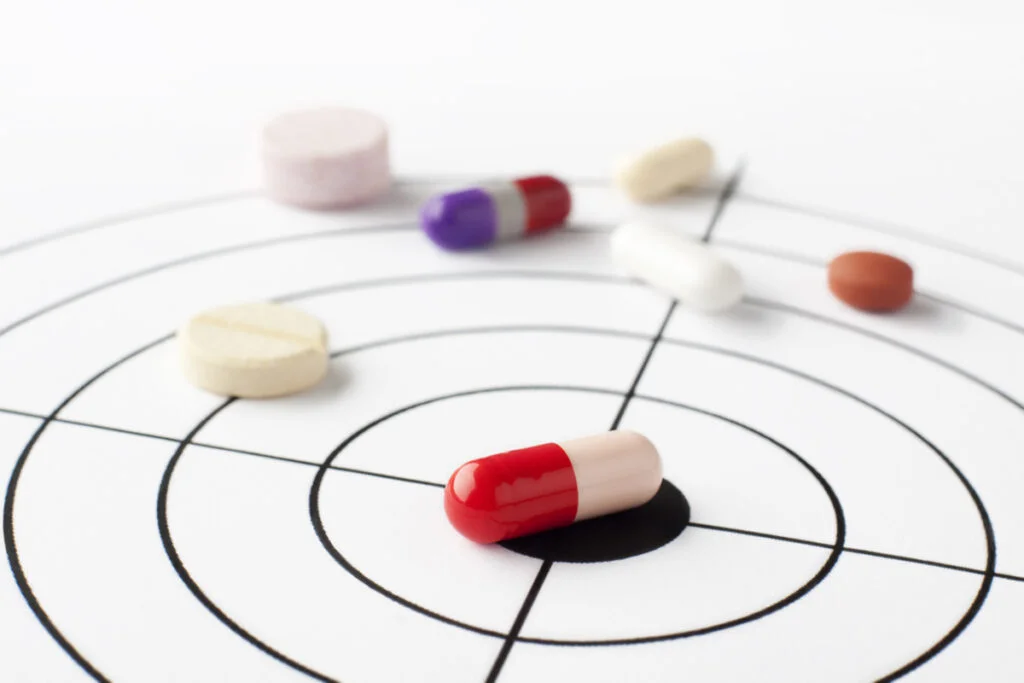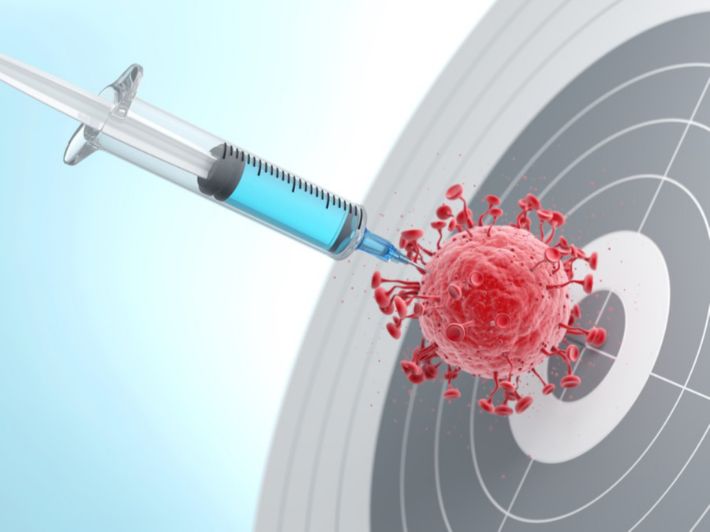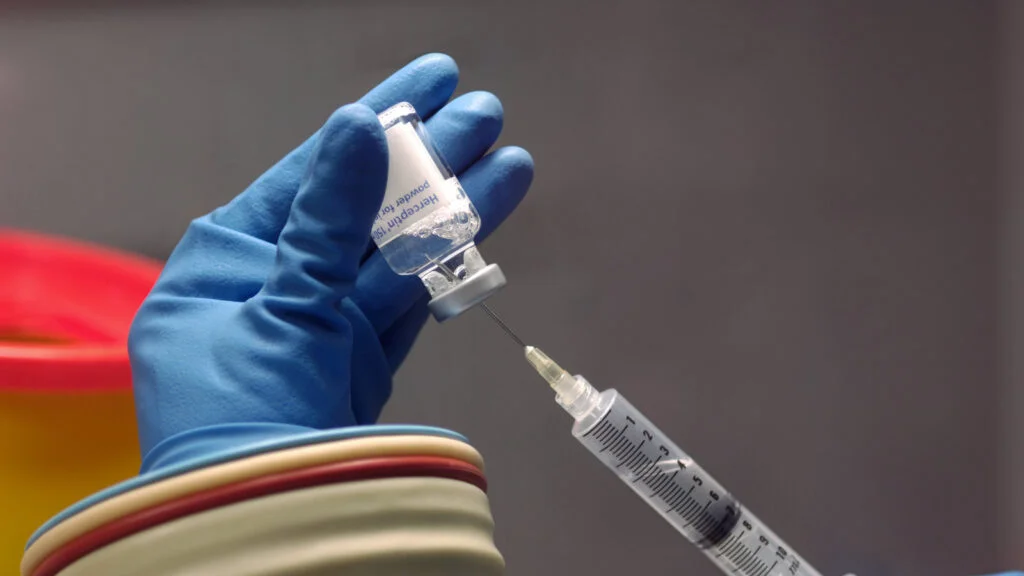Targeted cancer therapy is a treatment that works by relying on the unique characteristics of cancer cells that distinguish them from healthy cells. The mechanism of action varies depending on the type of treatment and the characteristics that distinguish cancer cells from healthy cells. Not all cancer cells carry genetic mutations or characteristics that distinguish them from healthy cells.
It is also worth noting that these unique characteristics may be due to the presence of a genetic mutation in the cancer cell or the presence of a specific protein found in cancer cells in greater quantities. This makes the treatment more effective in killing cancer cells and reduces the resulting damage to other cells in the body.
In general, we can say that in order to determine the optimal targeted therapy for a specific cancer, a biopsy will be performed to examine the targets. Targeted therapy can be used alone, but it is often used in conjunction with other cancer treatments such as chemotherapy, radiotherapy, and surgery. This depends on the type of cancer, its stage, and the patient's condition to determine your comprehensive treatment plan.
 English
English






